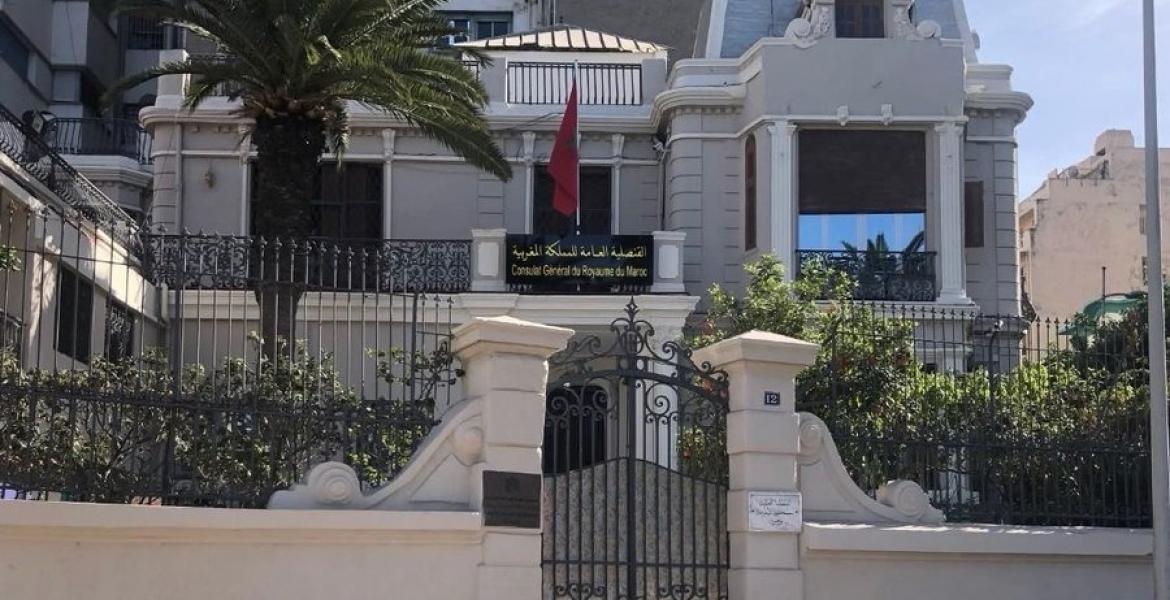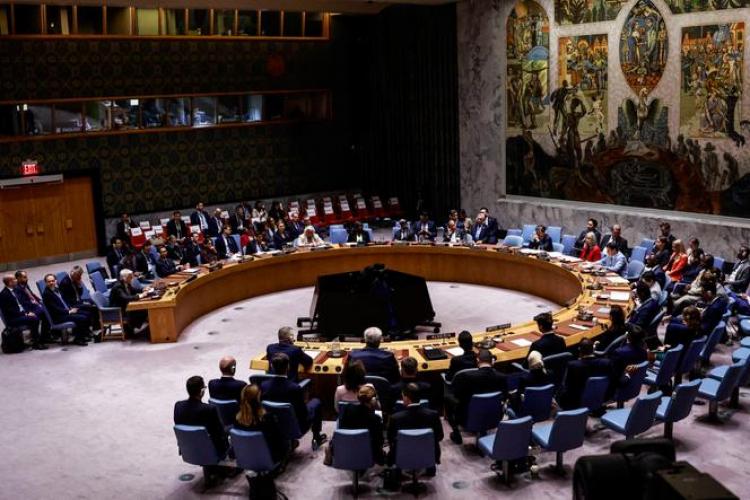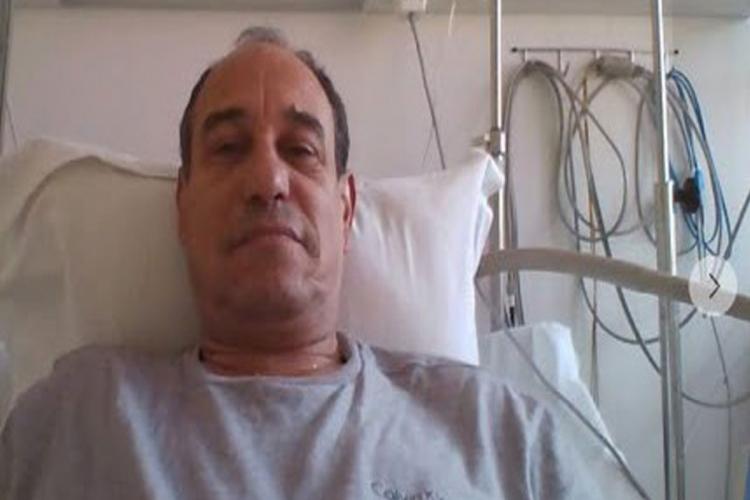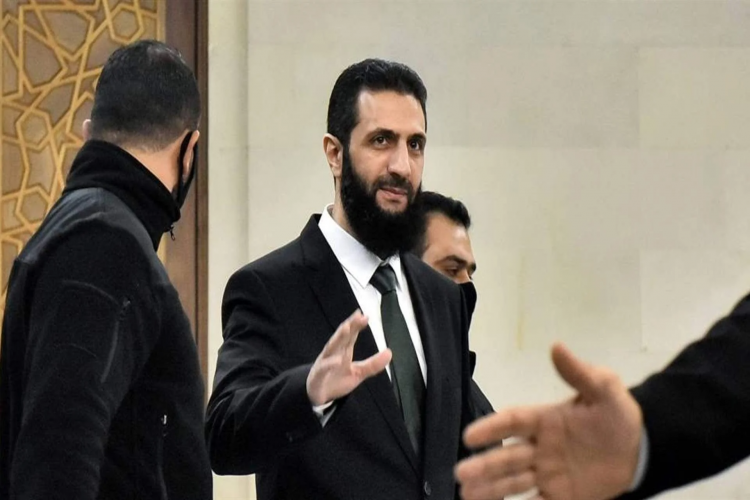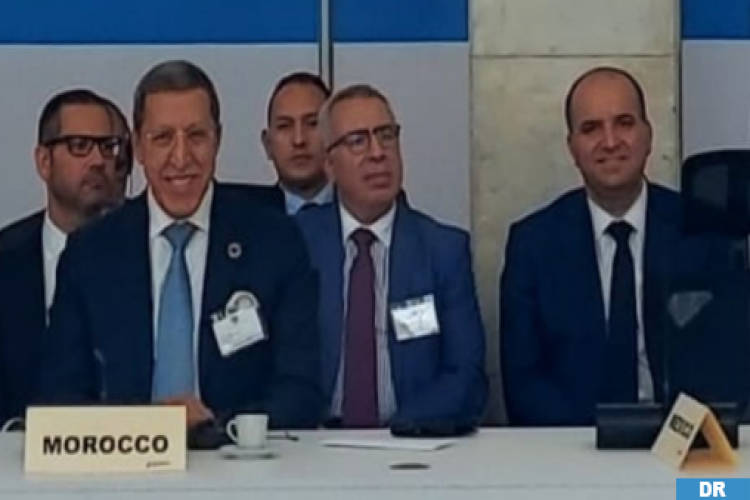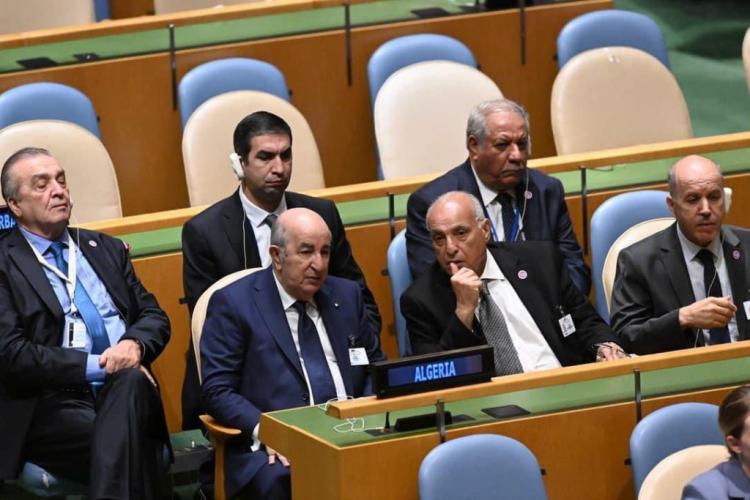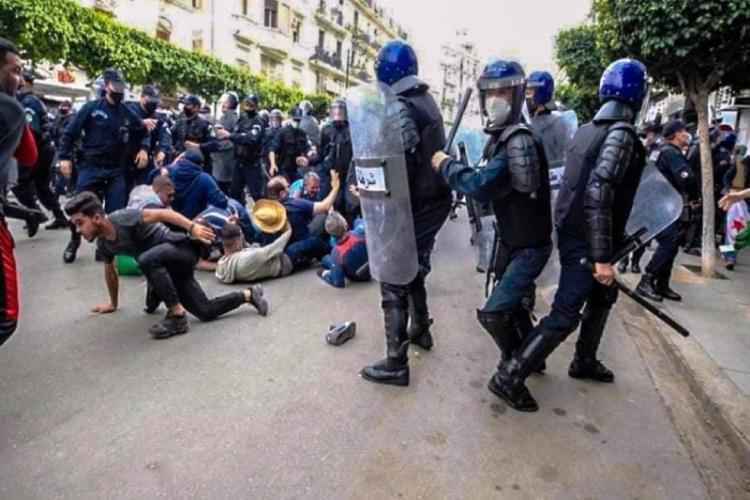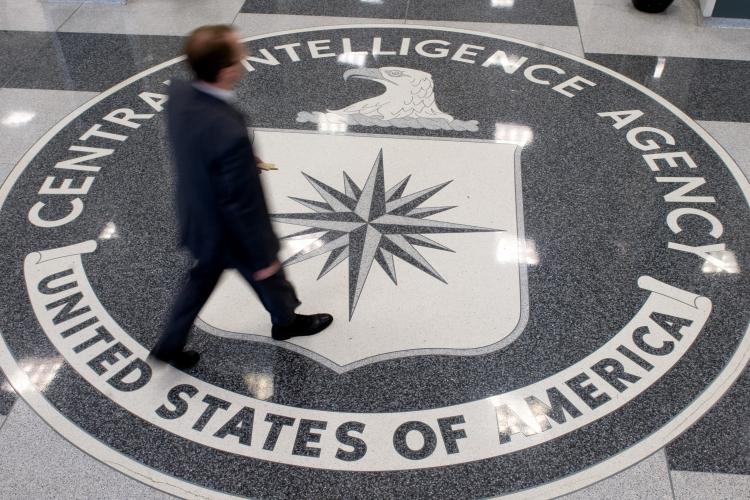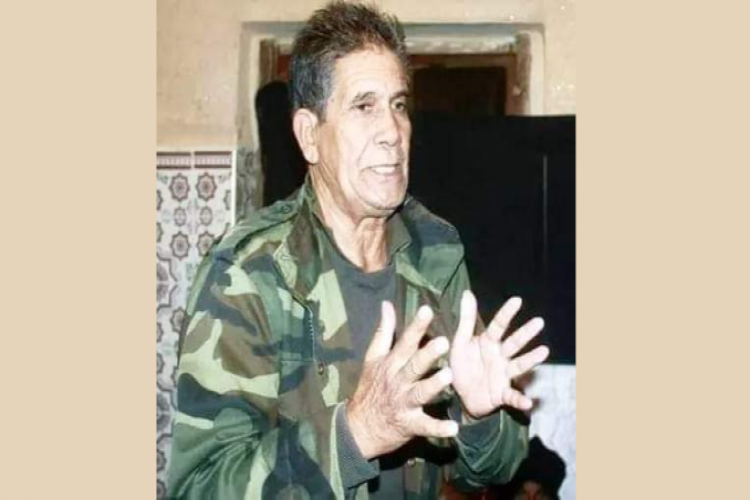New diplomatic blunder by Algiers: what is hidden behind the expulsion of the Moroccan vice-consul
The Algerian military regime, distracted by conflicts in Europe and Africa, suddenly remembered Morocco, its long-standing rival, which had been staying away from these problems. Unable to involve Morocco in its disagreements with Paris and the Sahel nations, Algiers has invented a new pretext to revive their conflict.
The Algerian generals, remembering that Moroccan vice-consul Mohamed Soufiani was still performing his duties in Algeria, declared him persona non grata. This decision appears to be a reactivation of underlying hostility, occurring after the failure of their attempt to incite Polisario to threaten resuming hostilities.
As usual, the statement from the Algerian Ministry of Foreign Affairs remained vague about the precise nature of the "*suspicious behaviors*" attributed to the vice-consul in Oran. However, informed observers believe that this decision has little to do with the Algerian allegations, which aim to mask internal tensions and diplomatic setbacks of the regime.
Strangely, the expulsion of the Moroccan diplomat comes at a time when the Algerian regime seems to be making concessions to France. During a prepared television interview, President Tebboune downplayed the crisis with France, describing it as a "*simple misunderstanding*" and an artificial dispute. However, he did not mention his own dismissive remarks following the Franco-Moroccan rapprochement, where he had accused Paris of betrayal and aggression toward Algeria. This attitude reveals the regime's discontent with a Franco-Moroccan alliance that it perceives as encirclement.
The Algerian defeat against Paris is palpable. Visits by French officials to the Moroccan Sahara, once described as betrayal, are now received more moderately, indicating that "*these visits do not provoke them and do not bother them*." It has therefore become imperative to divert attention through hostile action against Morocco.
This decision also aims to resolve the case of Franco-Algerian writer Boualem Sansal, whose sentencing to 5 years in prison has further tarnished the reputation of Algerian authorities internationally. France's reaction suggests a strategy to avoid escalation, hoping for a possible presidential pardon.
The expulsion of the Moroccan vice-consul also coincides with the regional tour of the UN Secretary-General's special envoy to the Sahara, preceding the presentation of a report on this issue to the Security Council in mid-April. Traditionally, the Algerian regime exploits this period to incite Polisario to symbolic actions aimed at maintaining the status quo. However, with the return of the Trump administration, which had recognized Morocco's sovereignty over the Sahara, Algiers seems to have opted for a new strategy of regional tension by expelling the Moroccan vice-consul.

